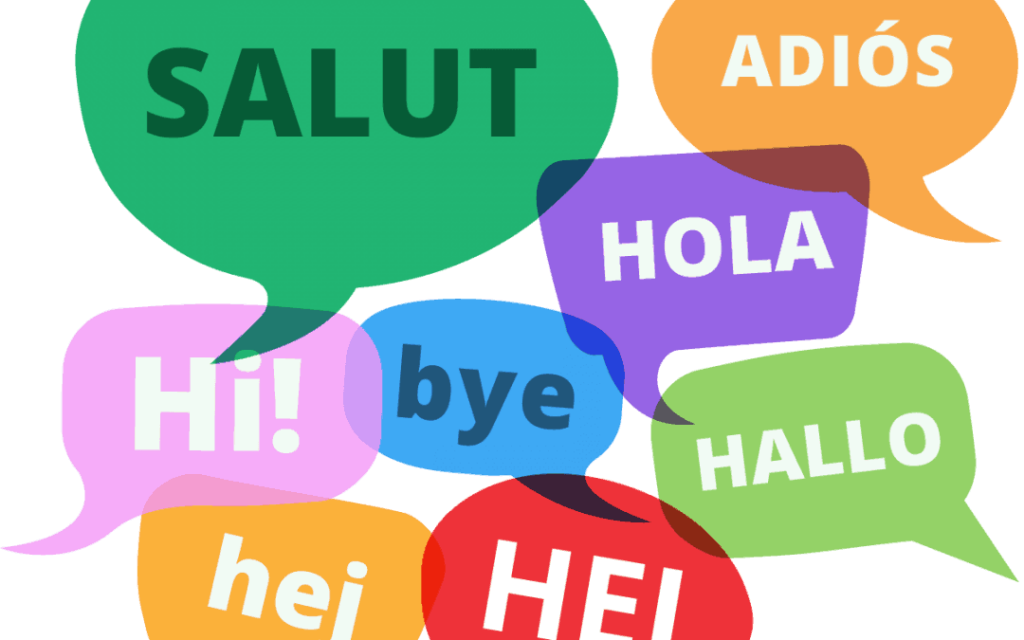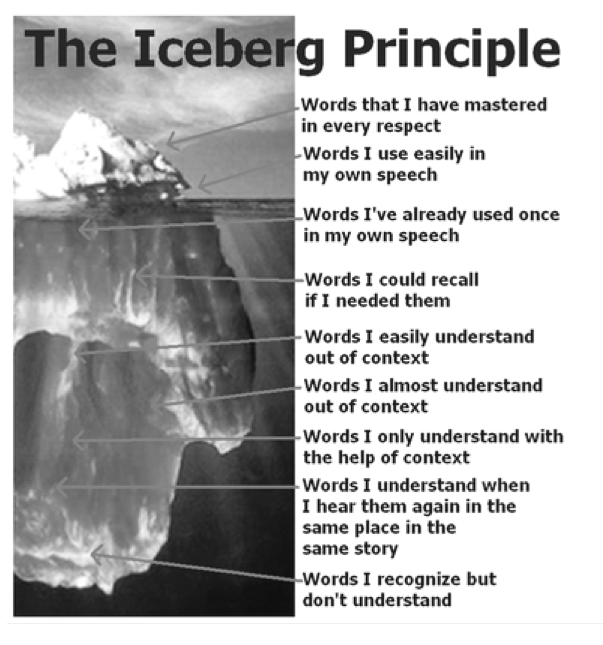Should I Speak the Language of Where I Travel?

As someone who is fascinated by language, I always ask myself this question before I travel somewhere. Is there a way to get more out of this experience? Would knowing that language help me have a more fulfilling trip?
To be honest, sometimes the answer is yes, and sometimes it’s no. These days, it’s incredibly easy to learn a language; more so now than even 5-10 years ago. You have a multitude of options and resources at your disposal.
And no, I’m not talking about brushing up on your high school Spanish. I’m talking about learning a new language with actual native speakers from that place you intend to visit. Because it’s easier now than ever to connect with a native speaker and develop your language skills much faster.
Before we get to answer the question of “Should I?”, you can ask yourself “How can I?”. Although languages are still taught in schools, you can bypass all that boring grammar and those pointless exercises in order to advance to conversational levels in a matter of weeks.
One of the most capable people I know and the most practical on the subject of learning languages is Benny from Fluent in 3 Months. He has a list of handy websites he uses to learn a language, including Memrise, a flashcard based learning site, Anki, a great mobile phone app, and Innovative Podcasts.
But is it worth investing the time?
Dialects VS Official Language

The official language of a country is where most people want to start. But it’s not always the most reliable way to learn a language. Hindi is the national language of India, but depending on where you travel, Hindi could be considered a foreign language for many Indians.
The advantage is that by learning the major official language, you will have access to a number of good resources. If the national language is popular, you’ll find apps, websites, and maybe even local speakers in your city. But it’s not what you’d expect.
By learning a dialect, or a localized language, you will have some trouble locating good resources online. There are even dialects among dialects. I am an English native speaker, but when I first travelled to Australia, I had a hard time understanding even my own language there.
The benefit of speaking a dialect is that locals will be more enthusiastic to help you out if you try their language. They genuinely love it when you can speak a relatively unknown dialect as a foreigner visiting them.
Learning Key Phrases

Should you learn key phrases? Maybe. It depends on what you intend on doing. I found that when I learned a few key phrases that just encouraged the people I was speaking with to respond in their language. I couldn’t respond to them because I had only memorised that one phrase.
It was horribly embarrassing. It’s actually a lot easier, and you can spend almost the same amount of time learning the basic structure of the language (verbs, tenses, masculine/feminine, pronouns…etc). It will take you the same amount of time learning the structure as it would take to memorise a phrase, but you’ll have a much clearer understanding of what someone is trying to tell you.
Speaking with the Locals

The unfortunate part of speaking a language is that you have to get it wrong. In fact, most experts advise that you start speaking the language you are learning on Day One. Yes, even before you really know anything at all.
It will be slow, painful, and probably make you want to retreat back into your familiar language, but it’s much more productive to speak with a local to learn the way that they would say something. Even better, when you travel, live among the locals to immerse yourself in the language each and every day.
Not in the country yet? No problem.
There are plenty of sites that allow you to connect with a native speaker of the language you want to learn, and you can talk with them over Skype. It’s free, it’s a good way to learn more about the place you’re travelling to, and you can even make some great friends.
Further Study

Let’s say that you’ve decided that you want to pursue it. You want to delve into the language because you will be spending enough time there for it to matter, and you think it will significantly enhance your experience abroad. Where do you turn?
One approach that seems to be gaining momentum is the Growing Participator Approach. You learn with both a native speaker and a speaker of your language. In the first 80 hours of the course, you actually don’t get to speak at all. You simply respond by touching, listening or obeying actions spoken in the native language.
Practitioners of this course swear by its methods and how advanced you can become in the language of your choice. And because you are working with local speakers, you can learn any language you want without finding any different resources.
If you’re only going to be somewhere for a few days, it might not be worth investing your time into learning a new language like Catalan or Swedish. But if you think that you’re ready to dive into a culture, there’s no better way to understand somebody than to say it in their mothertongue.
